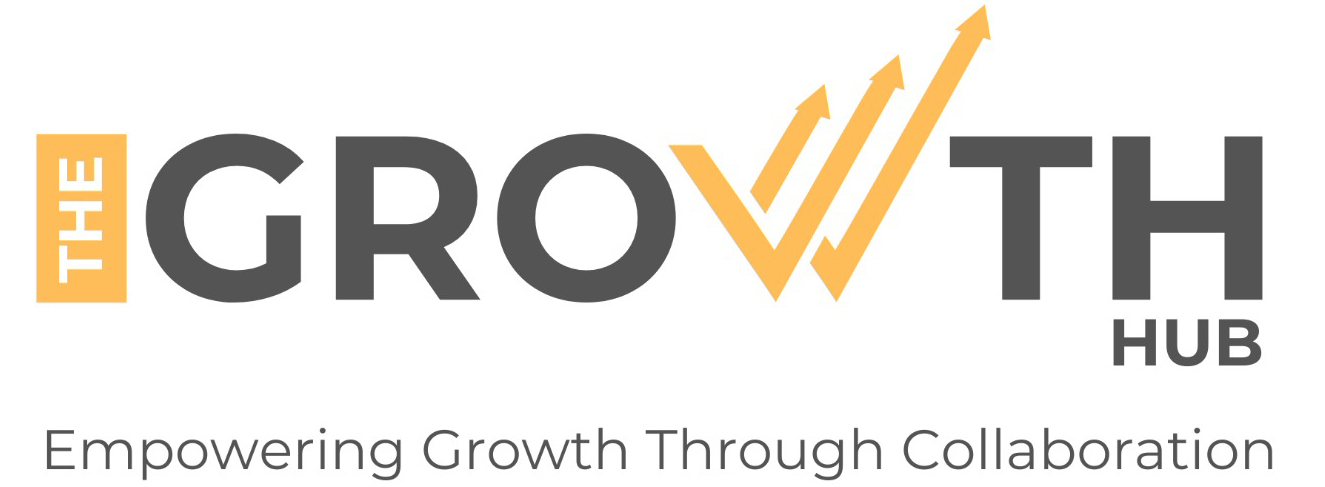
10 Effective Business Development Skills to Master in 2025
Business Development Managers play a crucial role in guiding an organisation’s growth and long-term success. Their primary duties include identifying new business opportunities, fostering strong client relationships, and consistently driving revenue growth. Achieving excellence in this role requires a blend of strategic thinking, industry knowledge, and hands-on expertise.
While formal training programmes can be beneficial, mastering the following core skills can significantly enhance your career prospects across various sectors.
1. Communication & Interpersonal Skills Effective communication lies at the heart of successful business development. It involves more than simply conveying information; it requires active listening, emotional intelligence, and the ability to build rapport. Whether you are delivering a presentation, negotiating a contract, or drafting a persuasive proposal, strong communication skills help to establish trust and foster enduring relationships.
Business developers should be adept in both verbal and written communication and capable of tailoring their messages to suit different audiences. Emotional intelligence is vital for understanding clients’ needs and responding empathetically. Additionally, cultural sensitivity plays a significant role, particularly in global markets, where understanding diverse cultural norms can greatly influence business success.
Refining storytelling techniques can also help to engage clients and stakeholders more effectively. By incorporating data and case studies into compelling narratives, business developers can simplify complex information and make it more persuasive.
2. Relationship-Building & Collaboration Strong professional relationships are fundamental to effective business development. This involves working collaboratively within the organisation and externally with clients, stakeholders, and partners. Successfully navigating workplace dynamics, resolving conflicts diplomatically, and maintaining a client-focused approach are essential for fostering productive and harmonious relationships.
A collaborative mindset encourages teamwork and creates an environment where innovative ideas can thrive. Professionals who can unite teams, align goals, and foster mutual respect build stronger, more resilient networks. Establishing strategic alliances with partners, suppliers, and industry leaders can also open new avenues for growth and innovation.
Cross-functional collaboration is equally vital. Business developers frequently coordinate with departments such as marketing, sales, finance, and product development, ensuring that everyone works towards shared objectives. Clear interdepartmental communication reduces misunderstandings and enhances overall productivity.
3. Negotiation & Strategic Influence Negotiation is a key component of business development. Business developers must strike a balance between assertiveness and empathy to achieve mutually beneficial outcomes. Effective negotiators carefully assess situations, understand stakeholder motivations, and develop strategies that maximise value for all parties.
Strategic influence involves guiding discussions towards positive outcomes, using data-supported arguments, and demonstrating the long-term benefits of proposed solutions. Building trust is crucial, as stakeholders are more likely to commit when they feel understood and valued. Applying negotiation frameworks, such as BATNA (Best Alternative to a Negotiated Agreement), can further strengthen your approach and improve results.
4. Project Management & Organisational Skills Managing multiple initiatives simultaneously is common in business development, often under tight deadlines. Strong organisational skills are essential for setting priorities, managing resources, and ensuring smooth project execution. Effective project management also includes risk assessment, timeline planning, and budget control.
Proactive business developers anticipate challenges and adapt strategies as needed. They focus on long-term objectives while remaining flexible enough to adjust plans in response to new information or market changes. Adopting project management methodologies such as Agile or PRINCE2 can enhance efficiency and adaptability.
Utilising project management tools like Trello, Asana, or Microsoft Project can streamline workflows, improve team collaboration, and help ensure timely project completion.
5. Research & Analytical Thinking Staying informed about industry trends, competitor strategies, and evolving customer preferences is crucial in a rapidly changing market. Strong research skills allow business developers to identify new opportunities, benchmark against competitors, and make data-driven decisions.
Analytical thinking enables the conversion of data into actionable insights. Evaluating customer behaviour, analysing market gaps, and tracking key performance indicators can help to craft more effective growth strategies and position organisations for long-term success. Tools like data visualisation software and business intelligence platforms can deepen insights and support better decision-making.
Incorporating predictive analytics and market forecasting techniques can also help organisations anticipate shifts and strategically position themselves for future growth.
6. Digital & Technical Proficiency Technology plays a vital role in modern business development. Proficiency with digital tools—such as Customer Relationship Management (CRM) systems, data analytics platforms, and project management software—enhances operational efficiency and supports more personalised client interactions.
An understanding of digital marketing, social media strategies, and automation tools can expand outreach efforts, streamline lead generation, and improve conversion rates. Staying abreast of emerging technologies like artificial intelligence and machine learning can also provide a competitive edge.
Knowledge of cybersecurity principles and data privacy regulations is increasingly important. Ensuring compliance with standards such as GDPR helps protect client information and strengthens trust.
7. Financial Insight A comprehensive understanding of financial principles is essential for business developers aiming to sustain revenue growth and profitability. Competence in budgeting, forecasting, and financial analysis enables the evaluation of investment opportunities, cost-effectiveness, and long-term business viability.
Financial literacy supports risk assessment, helping business developers anticipate potential challenges and implement strategies to mitigate them. Aligning financial objectives with strategic initiatives contributes to sustainable growth. Familiarity with financial modelling and cost-benefit analysis further enhances decision-making capabilities.
Exploring various funding options, such as venture capital, private equity, or strategic partnerships, can also secure resources for business expansion and innovation.
8. Customer-Centric Mindset Placing the customer at the heart of business development efforts is key to long-term success. Understanding client needs, pain points, and objectives enables business developers to create tailored solutions that add genuine value. This focus not only builds loyalty but also promotes repeat business and positive word-of-mouth referrals.
A customer-centric approach involves regularly gathering feedback, continuously improving products and services, and adapting strategies to meet evolving client expectations. Companies that prioritise customer satisfaction often outperform competitors and secure stronger market positions.
Tools like Net Promoter Score (NPS) and Customer Satisfaction (CSAT) surveys help measure client sentiment and highlight areas for improvement.
9. Adaptability & Lifelong Learning The business landscape is dynamic, shaped by technological advances, market shifts, and evolving consumer behaviours. Business developers must embrace adaptability and commit to continuous learning to stay competitive.
Staying updated on industry trends, attending professional development courses, and seeking mentorship opportunities fosters long-term success. Engaging in networking events, industry conferences, and online learning platforms provides valuable insights and growth opportunities.
Cultivating a growth mindset encourages resilience and the ability to seize new opportunities. Earning certifications in digital marketing, data analytics, or strategic management can further strengthen your skill set and boost career prospects.
10. Sales & Marketing Integration Aligning sales and marketing efforts is vital for effective business development. This integration ensures consistent messaging, cohesive strategies, and improved customer experiences. Business developers who understand the synergy between sales and marketing can design comprehensive initiatives that drive growth.
Combining data-driven marketing strategies—such as search engine optimisation (SEO), content marketing, and pay-per-click advertising—with personalised sales techniques can boost brand visibility and attract high-quality leads. Employing customer relationship strategies like account-based marketing (ABM) can also enhance client engagement and loyalty.
Shared data insights between sales and marketing teams enable more accurate targeting, better lead qualification, and optimised resource allocation.
Maximising Your Business Development Potential
To excel as a business development professional:
● Strengthen Your CV: Highlight specific projects and measurable outcomes that showcase your skills.
● Tailor Your Cover Letters: Demonstrate how your expertise aligns with each company’s growth objectives.
● Prepare for Interviews: Use real-world examples to illustrate your problem-solving abilities, leadership skills, and strategic thinking.
Continuous improvement is key—actively seek feedback, embrace new learning opportunities, and remain adaptable in a fast-paced market. By mastering these essential business development skills, you can expand your career potential and make a significant contribution to your organisation’s long-term success.
